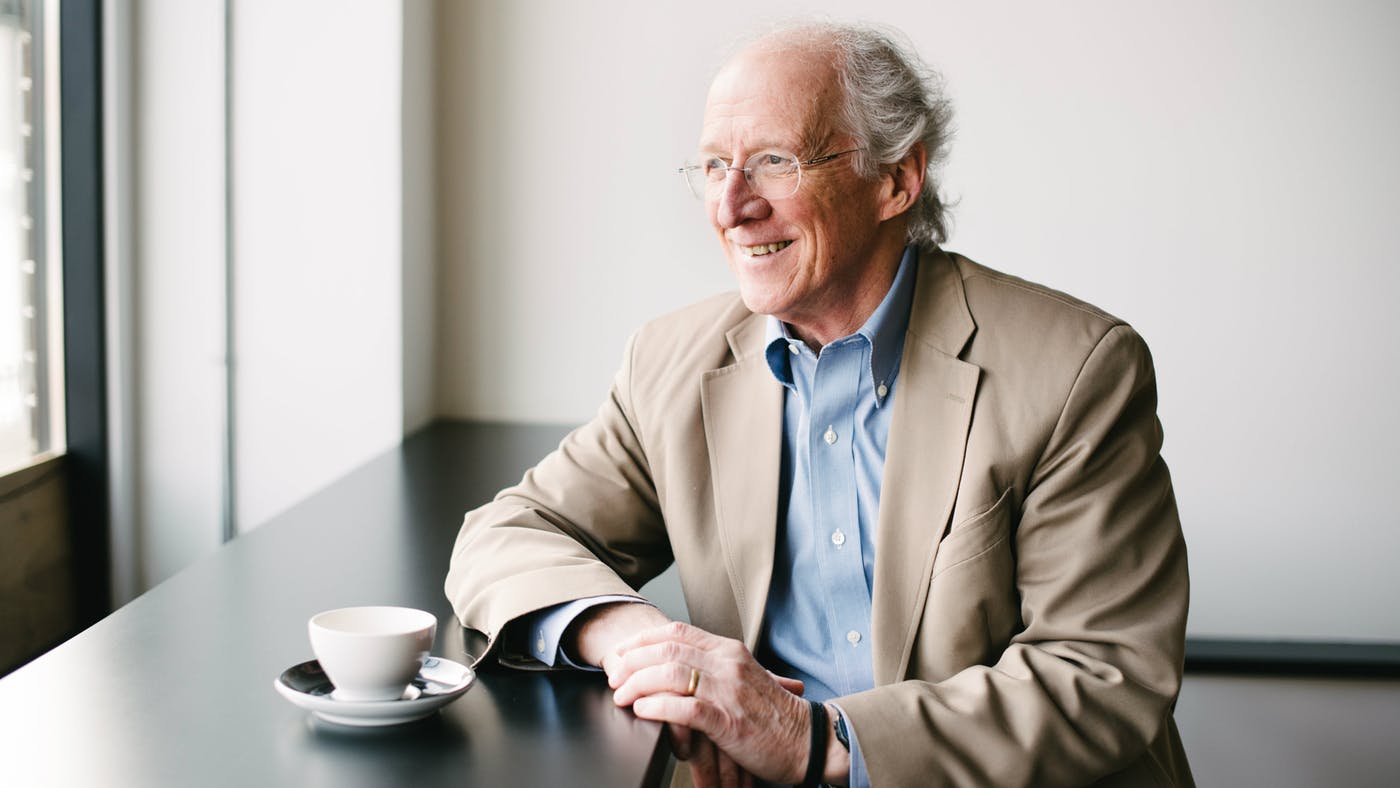John Piper caused a bit of a kerfuffle on Christian Twitter the other day with a podcast episode in which he said that only men should teach at seminaries. Though much of the discussion that followed was both boring and predictable, the question raises a number of interesting points, many of which will only become more important for the church as our position within American culture continues to deteriorate in the short-term.
Login to read more
Sign in or create a free account to access Subscriber-only content.
Topics:
